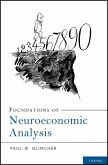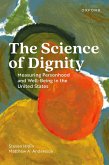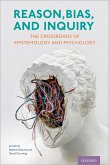Unequal Foundations offers readers a novel theory and a unique use of cross-cultural data to assert that the level of economic inequality in a society is reflected in the emotional experience of its members. People living in societies with more equality (countries such as Japan, Germany, and Canada) generally experience more positive, binding emotions on a regular basis. On the other hand, those living in unequal societies (the United States and China, for example) are significantly more likely to regularly experience negative, sanctioning moral emotions. In this book, authors Steven Hitlin and Sarah K. Harkness explore the idea that morality operates at both the societal and individual levels, and contend that individual moral emotions represent the distal structure of society. In addition to developing this broad theory ranging from society to the individual, Hitlin and Harkness offer their readers a novel use of data from a tool drawn from the affect control theory tradition in order to demonstrate empirical support for this theory. As such, the authors delve deeper than previous literature by presenting data that supports their general approach using a method designed for cross-cultural comparative research.
Dieser Download kann aus rechtlichen Gründen nur mit Rechnungsadresse in A, B, BG, CY, CZ, D, DK, EW, E, FIN, F, GR, HR, H, IRL, I, LT, L, LR, M, NL, PL, P, R, S, SLO, SK ausgeliefert werden.









